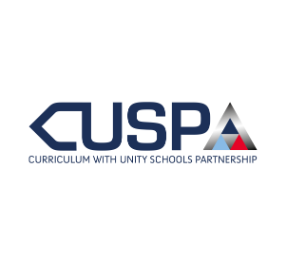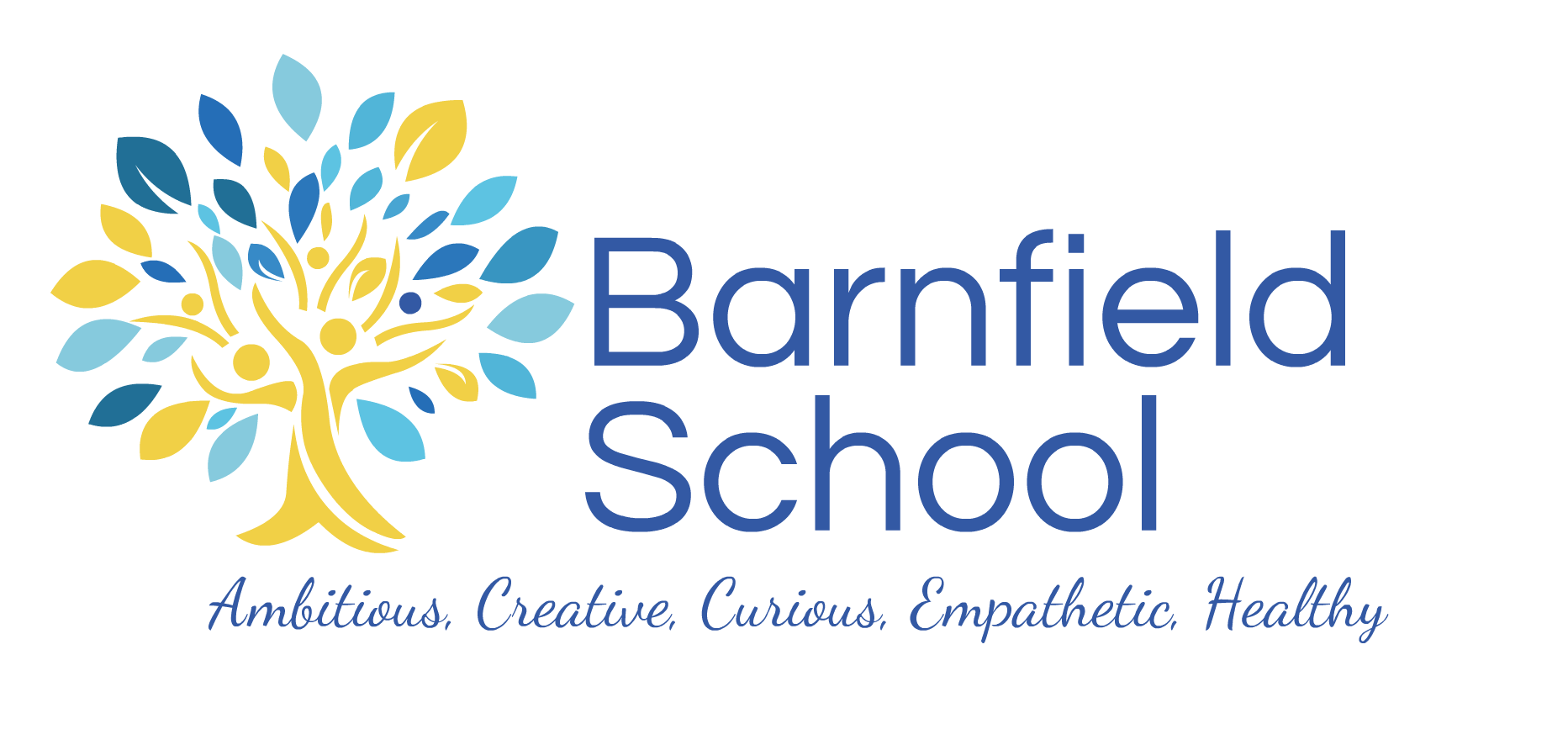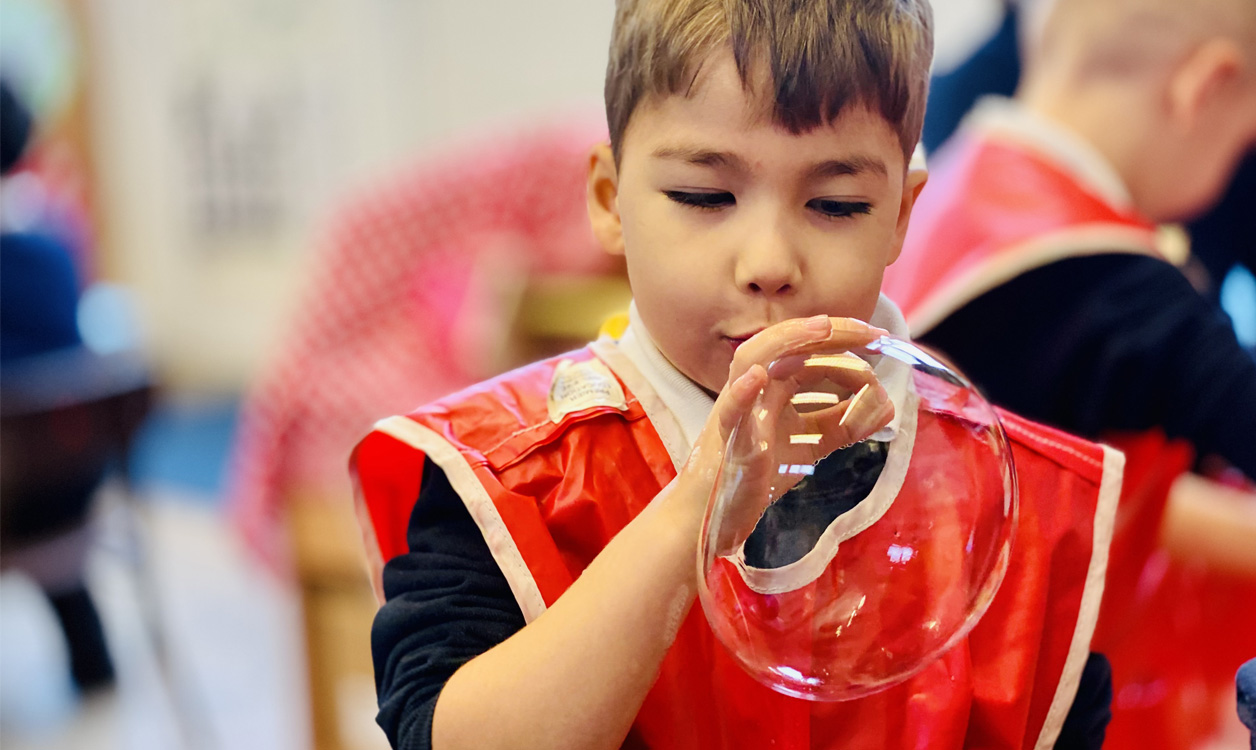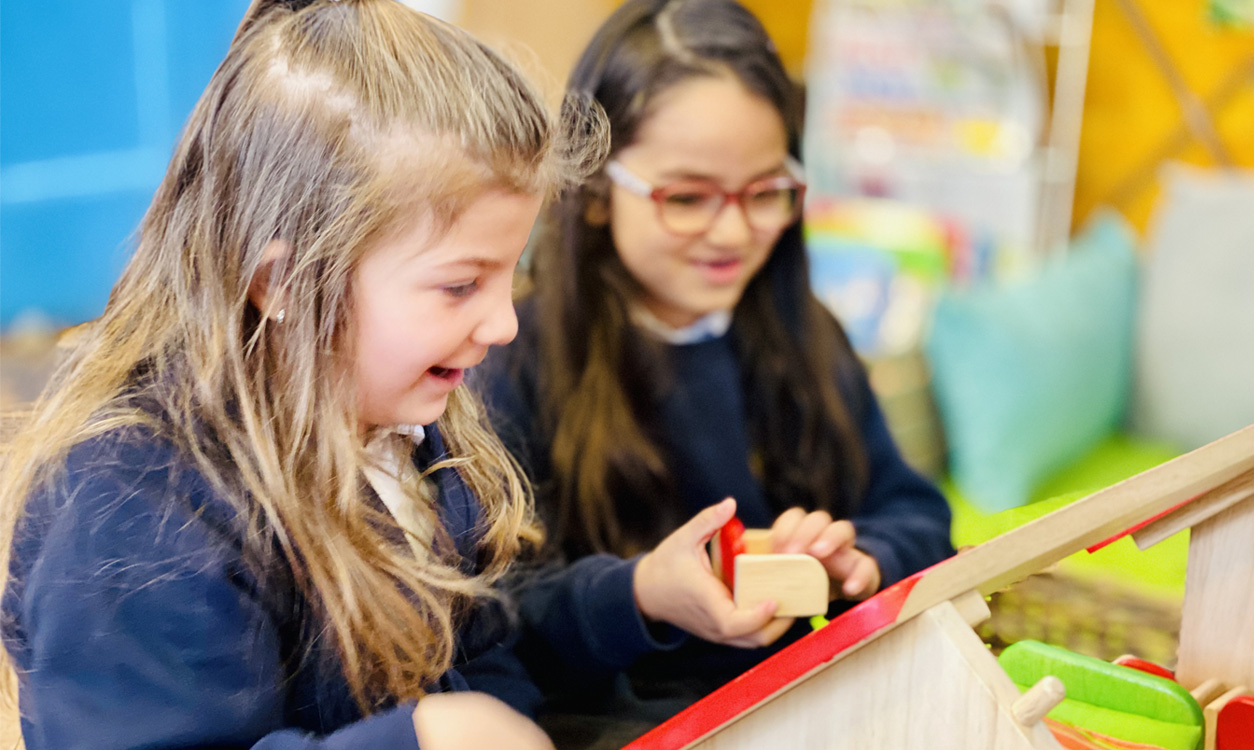CUSP Geography curriculum
We use CUSP Geography curriculum to support our children’s knowledge and understanding in this area of learning.
Geography is an integral part of providing a broad and balanced curriculum at Barnfield Primary. Underpinned by our 5 principles, we aim to inspire in our pupils a curiosity and fascination about the world and its people that will remain with them for the rest of their lives. Children will gain an understanding of the Earth’s physical and human processes and how these interact and impact the formation and use of landscapes and environments.
The guiding principle of CUSP Geography is that ‘each study draws upon prior learning. For example, in the EYFS, pupils may learn about People, Culture and Communities or The Natural World through daily activities and exploring their locality and immediate environment. This is revisited and positioned so that new and potentially abstract content in Year 1 can be put into a known location and make it easier to cognitively process. This substantive knowledge is used to remember and position the locations of continents and oceans, with more sophisticated knowledge. High volume and deliberate practice is essential for pupils to remember and retrieve substantive knowledge and use their disciplinary knowledge to explain and articulate what they know. This means pupils make conscious connections and think hard, using what they know’.

The units within the CUSP curriculum complement the geography curriculum which we have already developed as a school. Specific and associated geographical vocabulary is planned sequentially and cumulatively from Year 1 to Year 6. High frequency, multiple meaning words (Tier 2) are taught alongside and help make sense of subject specific words (Tier 3).
In the study of the geography our children increase their substantive knowledge. This is the subject knowledge and explicit vocabulary used to learn about the content. Common misconceptions are explicitly revealed as non-examples and positioned against known and accurate content as pupils become more expert in their understanding. Misconceptions are challenged carefully and in the context of the substantive and disciplinary knowledge.
Through the CUSP geography curriculum, we have defined substantive concepts that are the suggested vehicle to connect the substantive knowledge. These are defined at the start of every study in the Big Idea.
Big Ideas:
Locational Knowledge: Where a place actually is found.
Place Knowledge: What a place is like
Human and physical geography: The interactions between people, places and
the environment.
Geographical skills and fieldwork: Using maps, globes and compasses, along
with what you know to explain location, place and human and physical features associated with it.
In the study of the geography, our children also increase their disciplinary knowledge; this is the use of knowledge and how children become a little more expert as a geographer by Thinking Geographically.
When we think as a geographer, we focus on
- Place and Space
- Scale and Connection
- Physical and human geography
- Environment and sustainability
- Culture and diversity







